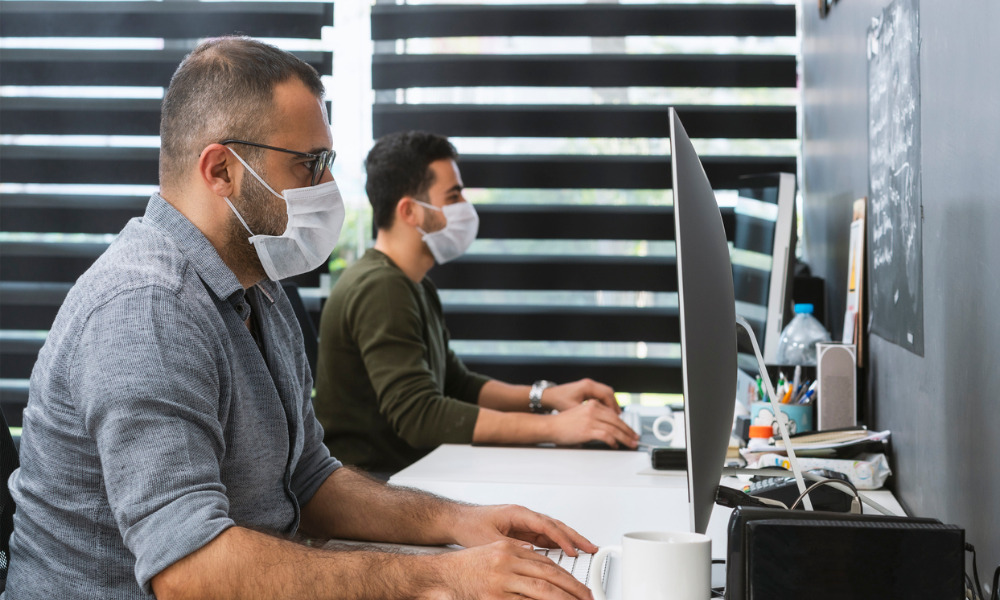
New research uncovers worrying trend in health and safety accommodations

Dealing with COVID is bad enough, but having long COVID is even worse, and this extends even to workplaces, according to a new report.
Long COVID is also referred to as the post-COVID condition, where individuals experience long-term symptoms of COVID-19 after they have had the disease, according to the World Health Organisation.
More than 100 million people across the world have experienced long COVID, according to a report in November 2021, and yet, a study from Power showed that workplaces remain unprepared for this.
The study revealed that only 55% of the respondents said their workplace accommodated employees experiencing long COVID symptoms. In fact, from the 70% of long COVID-hit workers who applied for disability protections and benefits, one in eight of them had their application denied.
This is likely due to the joint guidance from the Department of Health and Human Services and the Department of Justice, which said that long COVID is not automatically given disability status and it should still need to be assessed on an individual basis.
Read more: How to protect your workplace from long COVID
As an effect of long COVID, workers saw changes with how they work, including the frequency of taking leave, reducing their time at work, and reporting negative performance.
According to the report, 13% of employees with long COVID saw their weekly hours reduced by seven hours less a week on average. They also had to take 16 days off work a month because of their conditions.
This then could lead to potential pay cuts, with one in four workers saying their work pay have already been negatively affected. People also reported missing out $4,308 on average due to being passed over for a promotion or salary increase.
About 47% of the long COVID-hit employees also said their physical health was negatively affected, while 39% said the same for their mental health.
Overall, these were the most-cited work situation reported by employees because of long COVID